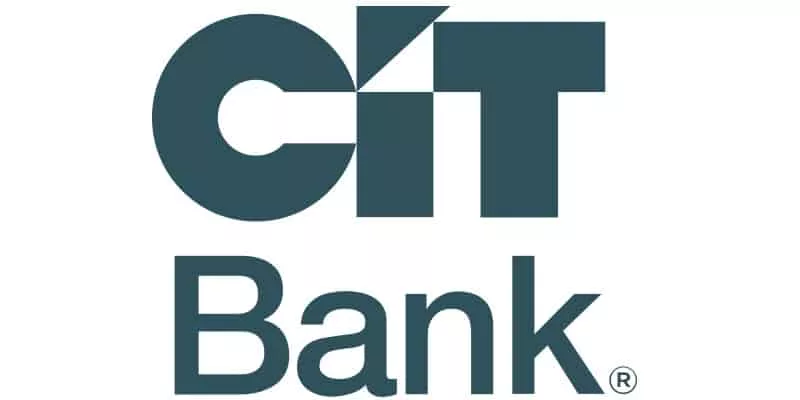An IRA is an Individual Retirement Account that allows you to invest and save money tax-free until retirement.
Many financial experts estimate that you may need up to 85% of your pre-retirement income in retirement. With an IRA, you can grow your money on a tax-deferred or tax-free basis, depending on the type of account.
What Is an IRA?
An IRA is an individual retirement account. You can use these accounts to save for retirement and take advantage of potential tax-deferred growth.
When Should You Start Investing in an IRA?
If you’re just starting out with investing, consider opening a traditional IRA first. This type of IRA typically has lower fees than a Roth IRA. You should try to contribute the maximum amount to your IRA each year to get the most out of these savings.
Types of IRA Accounts
Each type of IRA has eligibility restrictions, contribution limits, and penalties for early withdrawal of assets. You can contribute $7,000 yearly, or $8,000 yearly if you're age 50 or older.
1. Traditional IRA
A traditional IRA is a way to save for retirement that gives you tax advantages. You can contribute pre-tax or after-tax dollars and any earnings can potentially grow tax-deferred until you withdraw them in retirement. Contributions can be made as long as you have earned income and you're below the age of 70 1/2.
2. Roth IRA
A Roth IRA is a way to save for retirement with money you've already paid taxes on (after-tax dollars). Contributions and potential investment gains accumulate tax-free. Withdrawals after age 59½ are 100% tax-free and penalty-free provided it has been at least five years since you first contributed to a Roth.
3. Rollover IRA
A Rollover IRA is an account that allows you to move funds from your prior employer-sponsored retirement plan such as a 401(k) or 403(b), into an IRA. With an IRA rollover, you can preserve the tax-deferred status of your retirement assets, without paying current taxes or early withdrawal penalties at the time of transfer.
What is common to both traditional and Roth IRAs, is that tax benefits allow your savings to grow faster than in a taxable account.
 Acorns makes investing in IRAs simple with its online brokerage firm. There’s no minimum to open an account, but the service requires a $5 balance to start investing. Roth, traditional and SEP IRA accounts are available at the $9-per-month tier.
Acorns makes investing in IRAs simple with its online brokerage firm. There’s no minimum to open an account, but the service requires a $5 balance to start investing. Roth, traditional and SEP IRA accounts are available at the $9-per-month tier.
How Do IRAs Work?
You contribute money to an IRA that can then be invested in a wide range of assets — CDs, stocks, bonds, and other investments. Contributions are not taxed while they are growing in the IRA. Once you retire, you withdraw the money from the account and pay taxes on it at your regular income tax bracket.
How Much Can I Contribute?
The annual contribution limit for traditional and Roth IRAs is $7,000 per year ($8,000 if you’re 50 or older). You can contribute to as many IRAs as you want, but the total you can deposit in all IRAs is limited to the annual maximum.
Withdrawals can be taken out tax-free and penalty-free providing you’re 59½ or older and you have met the minimum account holding period (currently five years).
Early withdrawal from an Individual Retirement Account (IRA) prior to age 59½ is subject to being included in gross income plus a 10 percent additional tax penalty.
But certain types of withdrawals can be taken without incurring the 10% penalty:
- You become totally disabled
- Unreimbursed medical expenses
- Health insurance premiums while unemployed
- Buy, build or rebuild a home (up to $10,000)
- Post-secondary education expenses
- You Inherit an IRA
- Substantially Equal Periodic Payments
- Fulfill an IRS Levy
- Called to active duty
How is an IRA invested?
When you open an IRA, you can choose to invest in a wide range of financial products, including stocks, bonds, exchange-traded funds (ETFs), and mutual funds.
There are even self-directed IRAs that give investors access to a broader selection of investments like:
- Real estate or undeveloped land
- Real estate notes and promissory notes
- Precious metals
- Tax lien certificates
- Water and mineral rights
- Cryptocurrency
How to open an IRA
To open an IRA, you or your spouse need to have earned income from working. Brokerage firms, banks, credit unions, and even mutual fund companies offer Individual Retirement Accounts. Pay attention to management fees, commissions, and minimum opening requirements to make sure you find a good deal.
Online brokerage firms offer robust tools to help you understand the market and make wise choices.














